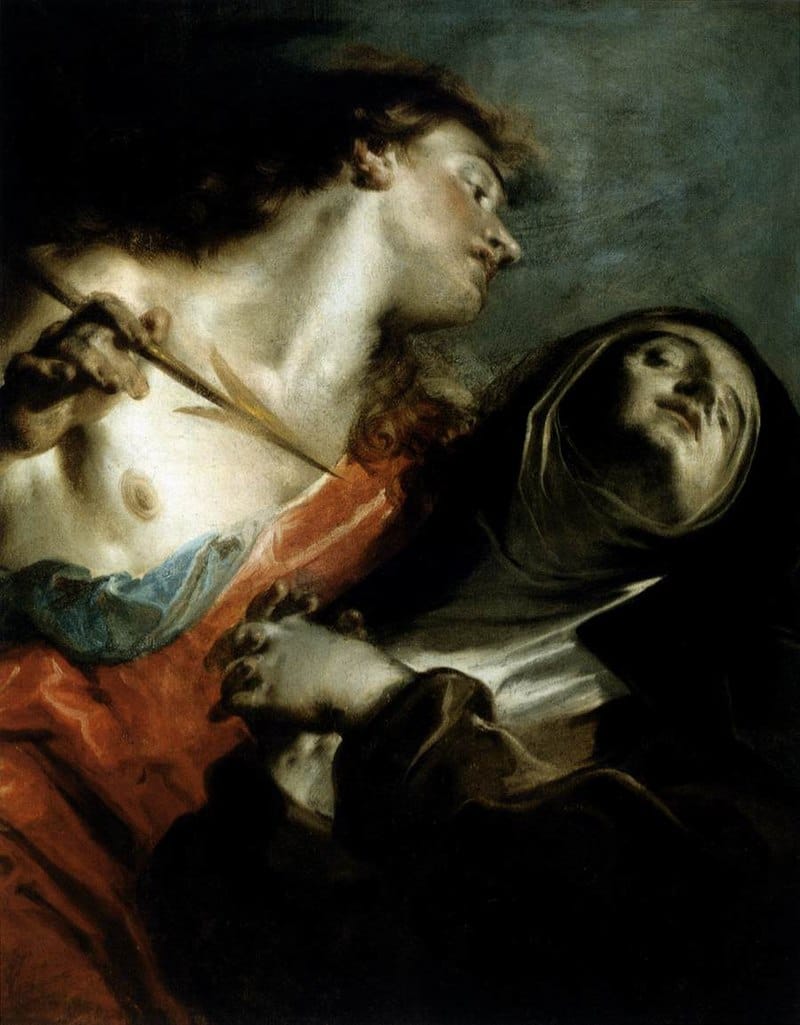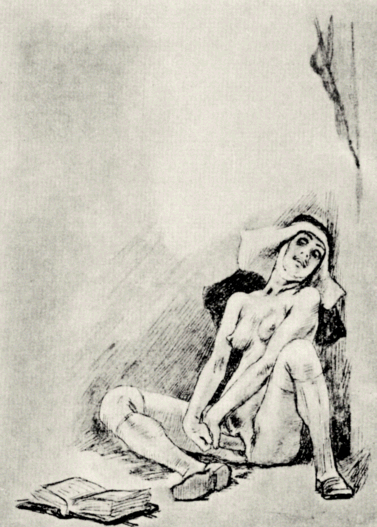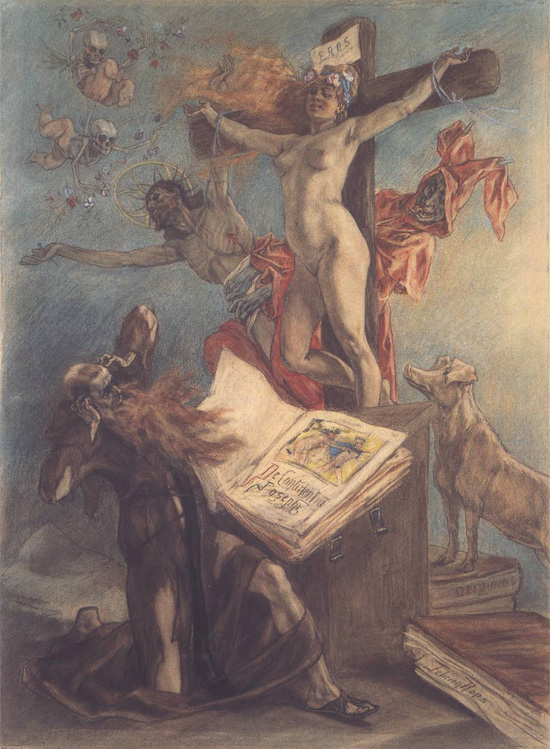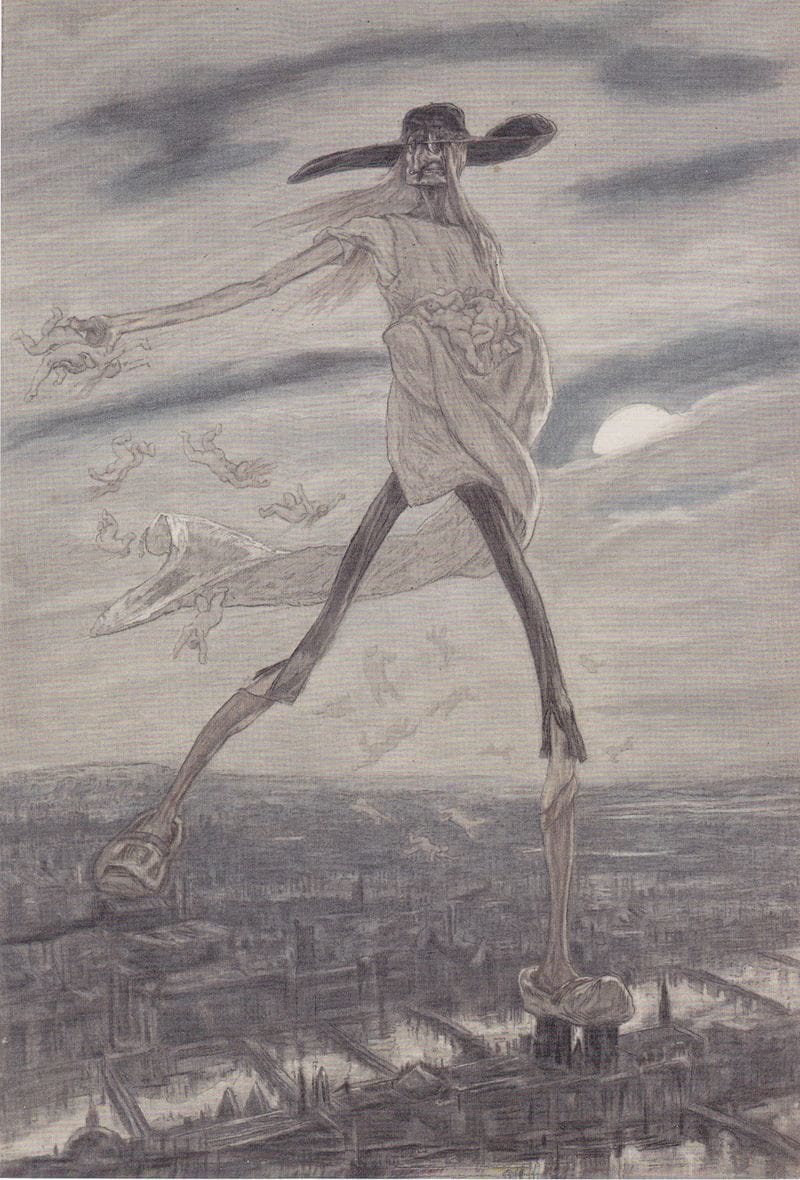Mystical Ecstasy

Is mystical ecstasy really displaced sexual ecstasy like in the image above? I find it difficult to interpret medieval mystical writing any other way, especially by women mystics like Teresa of Ávila (Teresa de Jesús) and Margery Kempe, and what am I to make of Catherine of Siena's foreskin wedding ring? These lines are much quoted:
I don't discount the genuine romantic and spiritual love that's involved. I am sure it was confusing for these women. But, their visions of "union with Christ" suggest sex with Christ himself, and I'm not persuaded by those, like Bernard of Clairvaux, who insisted this was not in any way physical. The physicality is evident in the mix of pleasure and pain, as it is in the Eucharist itself, chewing on Christ's flesh.
19th century Belgian illustrator Félicien Rops thought all this was ridiculous and he enjoyed satirizing Catholic sexual mores. The extraordinary image below is of Saint Teresa of Ávila with a dildo and a Bible. Whether you find such images blasphemous, misogynistic and pornographic (as some do) or sensual, witty and ironic (as others do) seems to be in the eye of the beholder. But, Saint Teresa is definitely a star in Western art.

Rops' biography suggests he got on well with women and enjoyed sex and had no time for Catholic morality. Many of his illustrations pushed blasphemy about as far as you could go at the time, so none of these were made public, but they are striking in their frankness. Now they are all over the Internet. While building a career in conventional illustration in Namur and Paris, he also consorted with kindred spirits in the Symbolist and Decadent art movements such as Baudelaire and Mallarmé and illustrated their works.
Below is The Temptation of Saint Anthony from 1878, in which a Rubinesque Eros has pushed Christ off the cross, which pretty much sums up Rops' life. Saint Anthony the Great (c 251–356) was known as one of the founders of early Christian monasticism and here he just looks horrified, not tempted. Flaubert was fascinated by him, which is probably how Rops got interested in the subject...

My favorite Rops illustration is below: Satan Sowing Seeds from his Les Sataniques series (1882). Looks like that's Paris down there and he's dropping sexy women. Love the clogs. One of them seems to be on Notre Dame.

Links:
